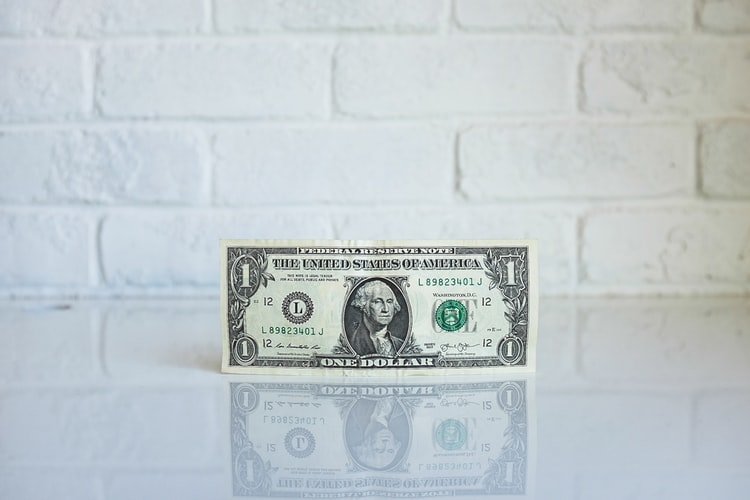When you’re trying to save money, there are many factors involved. You could be adept at managing your finances, or you could struggle with different issues surrounding financial success. One of the problems that people face when they’re trying to put money away is compulsive spending. It’s more common of an issue than you might think. If you are having trouble with how you purchase items for yourself, compulsive spending may be the culprit. Some people don’t realize that they’re spending money, and all of a sudden, their accounts are overdrawn. If you’re unsure if you’re struggling from compulsive spending here are some ways to find out:
What is compulsive spending?
Compulsive spending, or oniomania, is characterized by buying excessive amounts of things that aren’t necessities. It causes people to have debt and can be extremely harmful to their financial wellbeing. They could find it impacting their credit, or they may have relationship problems where they’re hiding money from their partner or family. They could be borrowing money to deal with the debts they’re accruing from compulsive spending. They might also be avoiding their financial issues, and burying them, so they don’t have to face the truth. The reality is that people who compulsively spend money use buying things as a way to self-medicate when they’re anxious or depressed. They might feel numb, and they’re dealing with these emotions or lack thereof.

Feeling high when you spend money
Compulsive spending is an addiction, and people who have this problem tend to experience high levels of dopamine when they spend money. Dopamine triggers the pleasure center of the brain. When a person compulsive spends money, they’re repeatedly activating that place in their mind. It’s the same pleasure center that a person who is abusing drugs may feel. It’s a vicious cycle. It’s important to remember that compulsive spending is detrimental to your mental health and finances.
Symptoms of compulsive spending
- Having a large debt
- Buying unnecessary items
- Acquiring financial problems due to those purchases
- Not using the things you buy
- Feeling shame after spending money
- Having unpleasant feelings as a result of “retail therapy”
How compulsive spending affects your mental health
Compulsive spending can severely deteriorate your mental health. You feel stuck in a pattern. You’re trying to save money, but are stuck in a vicious cycle of spending and losing control of your impulses. You may feel as if there’s no hope. However, there’s a way to deal with these issues, and it’s in therapy.
How therapy can help
One form of therapy that can help compulsive spending is cognitive behavior therapy. You can find a provider in your area to help you manage the behavior surrounding compulsive spending, or you might look into online therapy. Online counseling is an excellent and safe place to deal with compulsive spending. Search for an online therapist from a reputable site and get the support to manage your finances and let go of the addiction. It may seem difficult at first, but with the help of a trained mental health professional, you can learn to manage these concerns and live a life with more savings in your bank account.
Marie Miguel has been a writing and research expert for nearly a decade, covering a variety of health- related topics. Currently, she is contributing to the expansion and growth of a free online mental health resource with BetterHelp.com. With an interest and dedication to addressing stigmas associated with mental health, she continues to specifically target subjects related to anxiety and depression.

